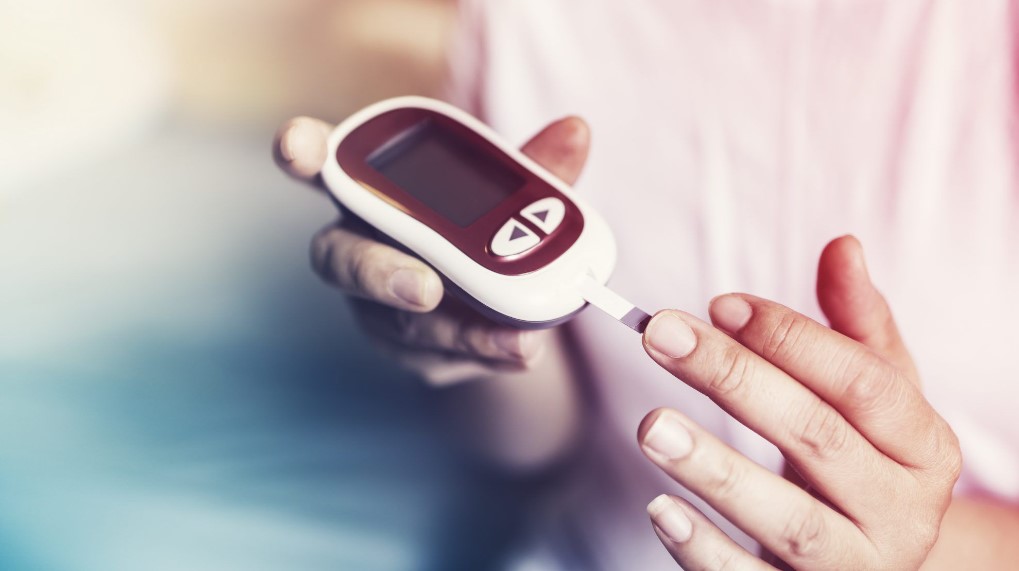Understanding the Type 1 Diabetes Diagnosis Process

Starting on the path of managing Type 1 Diabetes involves understanding the journey, starting with the diagnosis process. This comprehensive guide explains the nuances, emotions, and essential insights surrounding the diagnosis of Type 1 Diabetes, shedding light on what individuals and their families may experience.
1. The Initial Clues
Type 1 Diabetes Diagnosis often announces its presence with subtle yet significant signs. Frequent urination, excessive thirst, unexplained weight loss, and fatigue are common indicators. Recognizing these clues prompts the need for a thorough medical evaluation to determine the root cause.
2. The Diagnostic Tests
Upon suspecting Type 1 Diabetes, healthcare professionals employ specific tests to confirm the diagnosis. Blood tests measure blood glucose levels, HbA1c tests provide an average blood sugar level over time, and additional tests help determine the severity and nature of the condition.
3. Emotional Impact
Receiving a Type 1 Diabetes diagnosis isn’t just a medical event; it’s an emotional journey for individuals and their families. Coping with the reality of a chronic condition can be overwhelming. Support from healthcare providers, diabetes educators, and peer groups becomes crucial in navigating the emotional aspects of this diagnosis.
4. Education and Empowerment
Understanding Type 1 Diabetes is key to managing it effectively. Healthcare professionals play a pivotal role in educating individuals and their families about the condition, insulin administration, blood sugar monitoring, and lifestyle adjustments. Empowering individuals with knowledge fosters confidence in managing their health.
5. Life Beyond Diagnosis
Beyond the diagnosis, life with Type 1 Diabetes unfolds into a journey of resilience and adaptation. Individuals learn to balance insulin doses, monitor blood sugar levels, and navigate the intricacies of daily life. Connecting with the diabetes community, accessing resources, and embracing a proactive approach are essential in creating a fulfilling life post-diagnosis.
6. Role of Family and Support
A Type 1 Diabetes diagnosis doesn’t just affect the individual; it reverberates within the family. Understanding the importance of a robust support system is crucial. Family members become allies in the management process, providing encouragement, learning about the condition, and fostering an environment that promotes well-being.
7. Continuous Monitoring and Adjustments
Post-diagnosis, life with Type 1 Diabetes involves continuous monitoring of blood glucose levels. This ongoing process allows for adjustments in insulin dosages, diet, and activity levels. Regular check-ups with healthcare providers help fine-tune the management plan, ensuring it aligns with the individual’s evolving needs and lifestyle.
8. Technological Advancements
Advancements in diabetes technology have transformed the management landscape. Continuous Glucose Monitoring (CGM) systems, insulin pumps, and smart insulin pens offer individuals more precise control and convenience. Integrating these technologies into daily life can enhance the management experience and contribute to improved overall well-being.
9. Educational Resources and Community Engagement
Accessing educational resources and engaging with the diabetes community become ongoing pillars of support. Online platforms, workshops, and community events provide valuable insights, tips, and a sense. Learning from others who share similar experiences boosts a sense of belonging and contributes to the collective wisdom of navigating life with Type 1 Diabetes.
10. Holistic Well-Being
Beyond the medical aspects, holistic well-being is integral. Encouraging individuals to prioritize mental health, adopt a balanced lifestyle, and participate in activities they enjoy contributes to a fulfilling life. Type 1 Diabetes becomes a part of one’s identity, but it doesn’t define or limit the possibilities for a rich, rewarding life.
Wrap up
The journey of Type 1 Diabetes diagnosis is multifaceted, encompassing physical, emotional, and educational aspects. By recognizing early signs, undergoing diagnostic tests, and understanding a supportive network, individuals can navigate the challenges with resilience. Education becomes a powerful tool, empowering individuals to take control of their health and embark on a journey of adaptability, strength, and a fulfilling life with Type 1 Diabetes.
